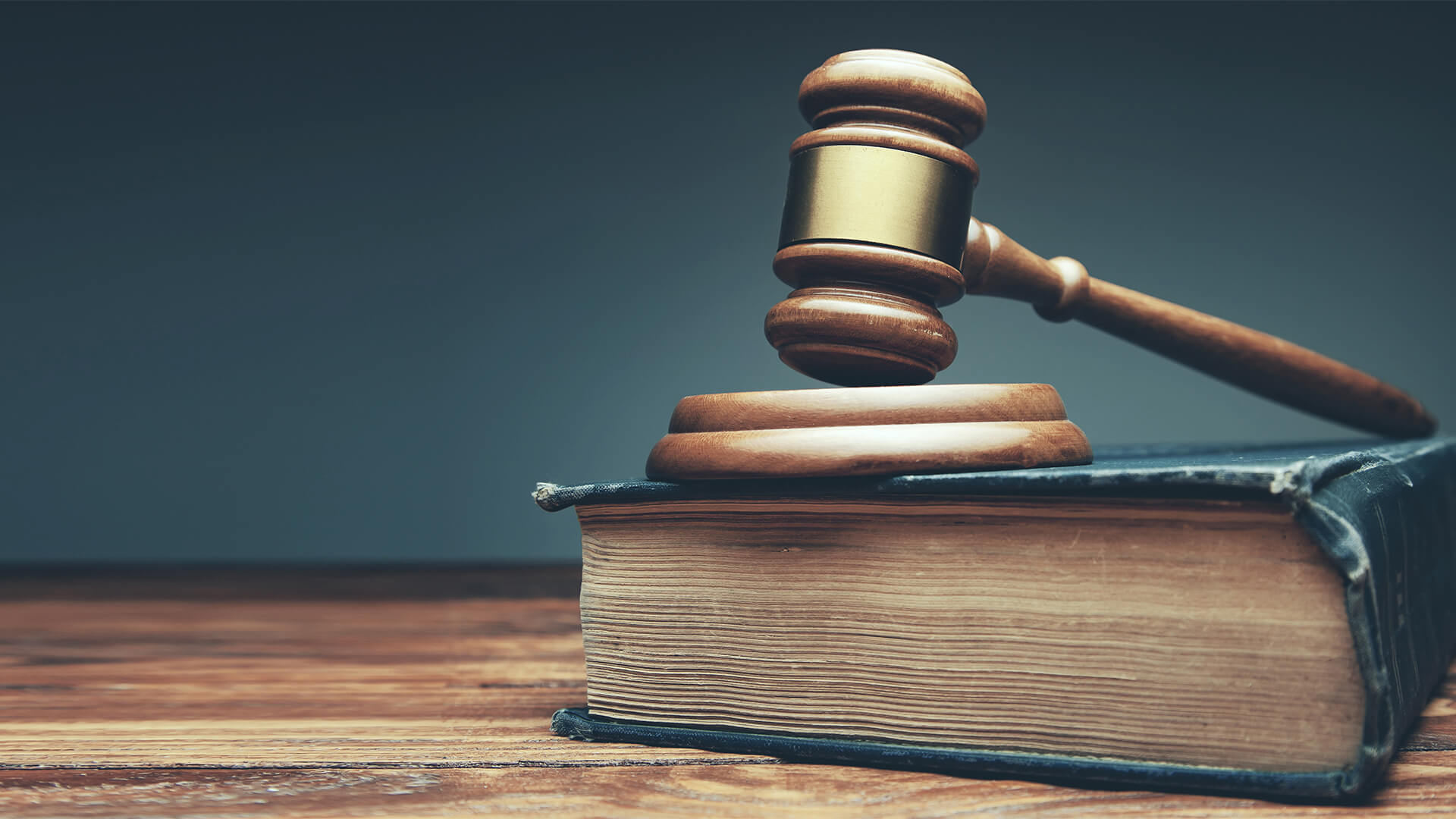
Appellant claimant sought review of an order of the Superior Court of Santa Cruz County (California), that denied her application for payment out of the real estate recovery account of respondents, real estate commissioner and others, pursuant to Cal. Bus. & Prof. Code § 10470 et seq.
Appellant claimant recovered a default judgment against a licensed real estate agent based upon allegations of fraud. The agent filed bankruptcy and appellant requested the bankruptcy court to determine the dischargeability of the debt. The bankruptcy court ruled in favor of the agent and discharged the debt. ada violations & the california unruh civil rights act The trial court relied on the discharge by the bankruptcy court and denied appellant’s application for payment out of the real estate recovery account pursuant to Cal. Bus. & Prof. Code § 10470 et seq. In affirming, the court held that a discharge in bankruptcy voided any judgment at any time obtained to the extent that the judgment was a determination of the personal liability of the debtor. Therefore, no final personal judgment against a real estate licensee existed and appellant was not entitled to recovery from respondents, real estate commissioner and others.
The judgment denying appellant claimant recovery from the real estate recovery fund was affirmed because appellant did not have a final personal judgment against a real estate licensee, where the final determination of appellant’s right to recover from the licensee was abrogated by a discharge in bankruptcy. The court held that appellant did not have a right to recover from respondents, real estate commissioner and others.
Petitioner attorney applied for review of an order of the Board of Governors of the State Bar of California (board), which recommended suspension of the attorney for violation of the Rules of Professional Conduct prohibiting advertising.
The attorney published in a daily newspaper for six months an advertisement that read, “Advice free, all cases, all courts.” The board found that he violated the prohibition against soliciting professional employment by advertisement. The board recommended that he be suspended from the practice of law for three months. The attorney sought judicial review. The court held that the board had the power to suspend an attorney for the violation of the Rules of Professional Conduct that were approved by the Supreme Court. The rule was not discriminatory against the legal profession as a whole , a “hang-over” from the 16th and 17th century when social and economic conditions were different. The court concluded that the rule against the solicitation of business by advertisement was a reasonable regulation. The ethics of the legal profession forbid that an attorney should advertise his talents or his skill, as a shopkeeper advertised his wares. The court noted that the only serious infraction of the rule was the insertion of the words “Advice free,” and that the board’s penalty for the infraction was too severe.
The court modified the board’s sanction. The court reprimanded the attorney for soliciting clients through advertising in the newspaper.


